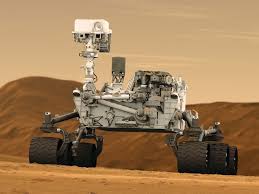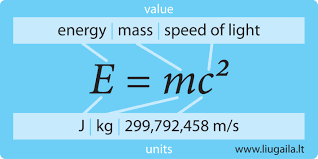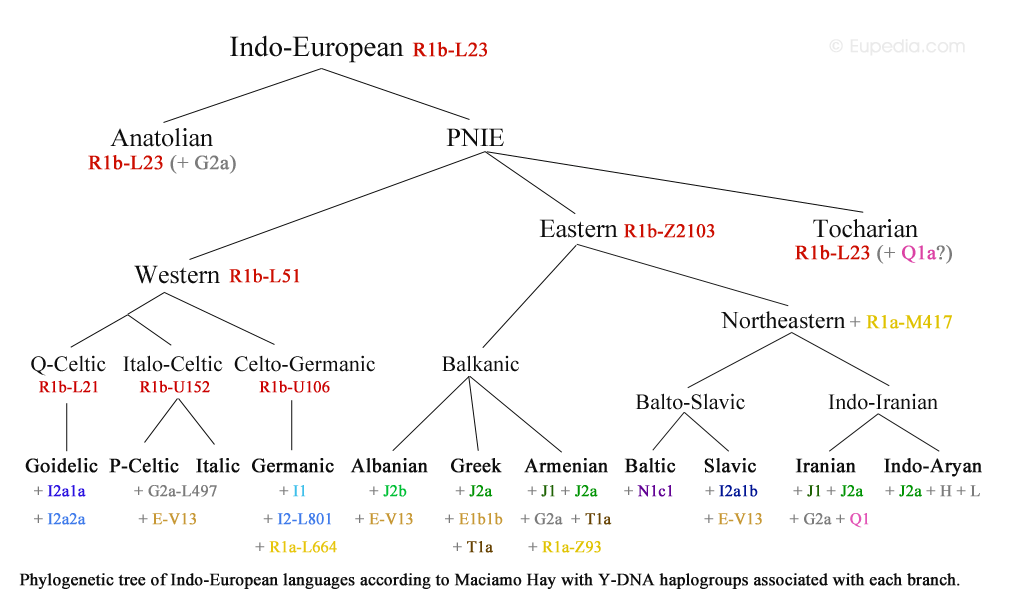
Different science journeys have different vehicles. Just as explorers use different vehicles for different terrains, so scientists use different research method vehicles for different knowledge terrains. This is why different fields define science differently, but science is defined by the journey itself not the vehicle used. For any field to say “Only we do real science” based on methods is wrong. Science as a journey reveals what all science has in common.

Natural sciences like physics for example can gather physical evidence to support laws based on universal equations, e.g. E=mc2 is a statement connecting energy to matter that works for all cases, whether for photons or gases. The domain of physics is the physical world and it aims to make conclusions about that world. In contrast a natural science like geography, the study of earth formations, focuses less on equation-based laws than on geographical concepts that explain changes in earth data, often analyzed by statistics. To say that all science must have equations is like saying every vehicle must mount a big gun.

Formal sciences like mathematics in contrast operate in symbolic domains with no necessary connection to the physical world at all. Yet they still have a topic, define concepts, ask a question and use deductive methods to gather evidence to reach conclusions. Likewise, linguistics doesn’t focus on the natural world but has a theory base that can be tested against language outputs to reach general conclusions, such as that a common Proto-Indo-European (PIE) language evolved into languages as diverse as Spanish, English, Hindustani, Portuguese, Bengali, Russian, Punjabi, German, Persian, French, Italian, Albanian, Kurdish, Nepali, Ukrainian and Welsh.To say that all science must study the natural world is to imply that all knowledge is about physical things, which is not true.

Some sciences are mainly descriptive, like taxonomy, the classification of animals based on shared characteristics. If science was just a “set of facts” biologists would just gather facts about every animal, add them to a big database, and leave it at that. Instead each animal is classified into a kingdom, phylum, class, order, family, genus and species, to better “predict” new forms. There are no equations, experiments or universal laws but knowledge based on evidence is still science. To say that all science must carry out experiments is to exclude sciences based on observation rather than the manipulation of what is observed.
Pseudoscience. All definitions of science distinguish it from pseudoscience, that which seems to be science but is not, e.g. alchemy, the study of how matter can transform say lead into gold. Alchemists observed and did experiments but the goal was not common knowledge as each kept their findings secret, nor was the belief that all matter came from the four “elements” of earth, air, water and fire ever questioned. Alchemy was not science but over time it became the science of chemistry, which found that two airy gases, hydrogen and oxygen, can combine into water. Chemistry was then able to discover the hundred plus elements of the periodic table. What made alchemy not science was not that it was wrong, as it obtained many observable results, but how it went about finding things out. In particular, it began by knowing the elements of matter instead of discovering them.
Falsifiability. Popper proposed the key feature of scientific knowledge to be falsifiability, that evidence can prove a statement wrong at any time. Thus alchemy was not a science as one cannot find matter that does not have at least at least one of the properties of earth, air, water or fire. Then Kuhn pointed out that a failure to predict rarely spells the downfall of a theory, as when that happens proponents just change the theory to fit, e.g. finding a new animal that doesn’t fit the current taxonomy just results in a new class to accommodate it. So while falsifiability is desirable, it is not essential. What is essential however is that scientists question their assumptions based on evidence. Modern thinkers like Lakatos see science as comparing alternative theories based on their power to consistently predict new findings without ad hoc adjustments. So science chooses theories that predict more and involve less ad hoc costs. For example, big bang theory, that the our universe began at a moment in space and time about 13.8 billion years ago, is not “proven” but it is a better explanation of the facts than the alternative steady state theory – that the physical universe always existed. Every scientific theory is only “the truth” until a better one comes along.
Theory power. If science is the ability to answer questions, the power of a theory is how much it answers divided by the number of parameter variables used to do so. For example, in the second century, Ptolemy’s Almagest let people predict the movements of the stars for the first time, based on the idea that heavenly bodies, being heavenly, moved in perfect circles or circles within circles (epicycles) around the Earth. It wasn’t true but the equations worked because Ptolemy’s followers amended the model after each new star was found, by changing the free parameters of epicycle, eccentric and equant to fit the facts. This backward thinking was only abandoned when Copernicus, Kepler, Galileo and Newton developed a more powerful model to replace it. In science, theories evolve based on their power not on their “truth”. The next section looks at the pitfalls of science.